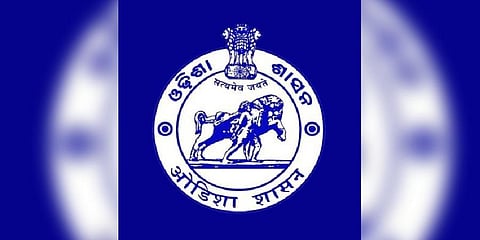Odisha Tightens SOPs for Recruitment Exams: Question Papers to Be Printed Only at Govt-Approved Presses
By Ananya Pattnaik
Copyright pragativadi

The move aims to bring uniformity, transparency, and security to both online and offline exams conducted for various government posts.
Secure Printing and Handling of Question Papers
As per the revised SOPs, question papers will now be printed only in government-approved presses under strict physical supervision. Senior officials — including an Odisha Administrative Service (OAS) officer, a senior police officer, and a departmental representative — will oversee the process.
For police recruitment exams, printing will be monitored by officers of Inspector General (IG) rank or above. The SOPs also mandate:
Double-side sealing of question papers
Destruction of all residual paper cuttings
Video recording of question paper opening at exam centres
Enhanced Security for Online Exams
For computer-based tests, the government is introducing multi-factor authentication, lockdown browsers, randomised question pools, and AI-powered monitoring systems to detect and prevent malpractice.
Candidate image verification and strict time limits will be enforced. Recruitment agencies are prohibited from outsourcing any part of the examination process without explicit state approval.
Centralised Monitoring via ICCC
All exam centres will be monitored by an Integrated Command Control Centre (ICCC), with live CCTV feeds connected to authorities such as OCAC (Odisha Computer Application Centre) and NIC (National Informatics Centre).
Committees comprising members from Higher Education, NIC, OCAC, and examination bodies will oversee logistics, security, and technical compliance. After each exam, a detailed post-exam report will be submitted to the ICCC for review.
High-Security Printing Press and Future Plans
The state government is planning to establish a dedicated high-security printing facility for question papers or earmark a specialised section in existing presses to handle this sensitive task.
Examination halls will be located in government colleges, universities, or other secure institutions with adequate IT and cybersecurity infrastructure. Adequate police deployment will be ensured to maintain law and order during exams.